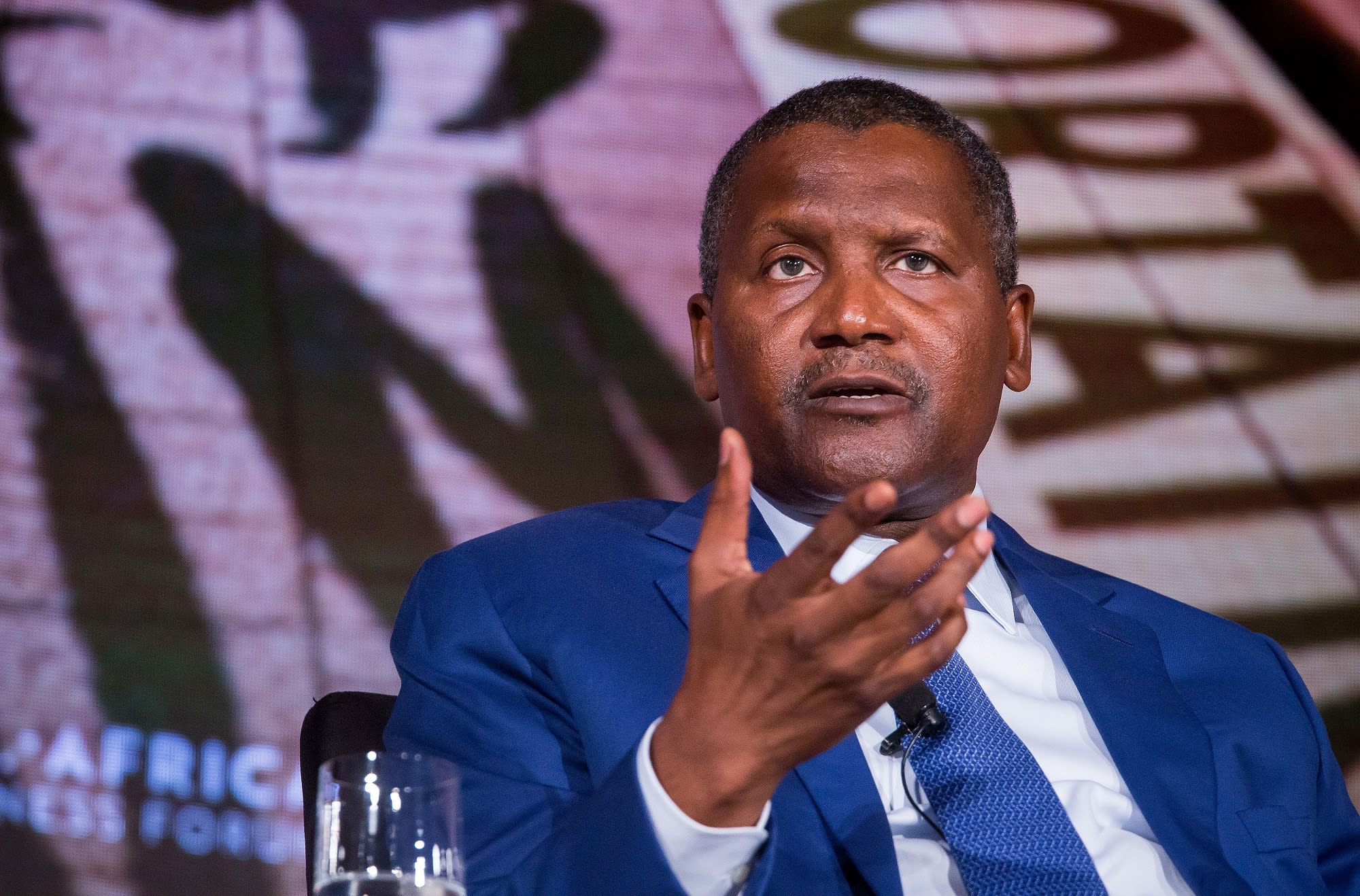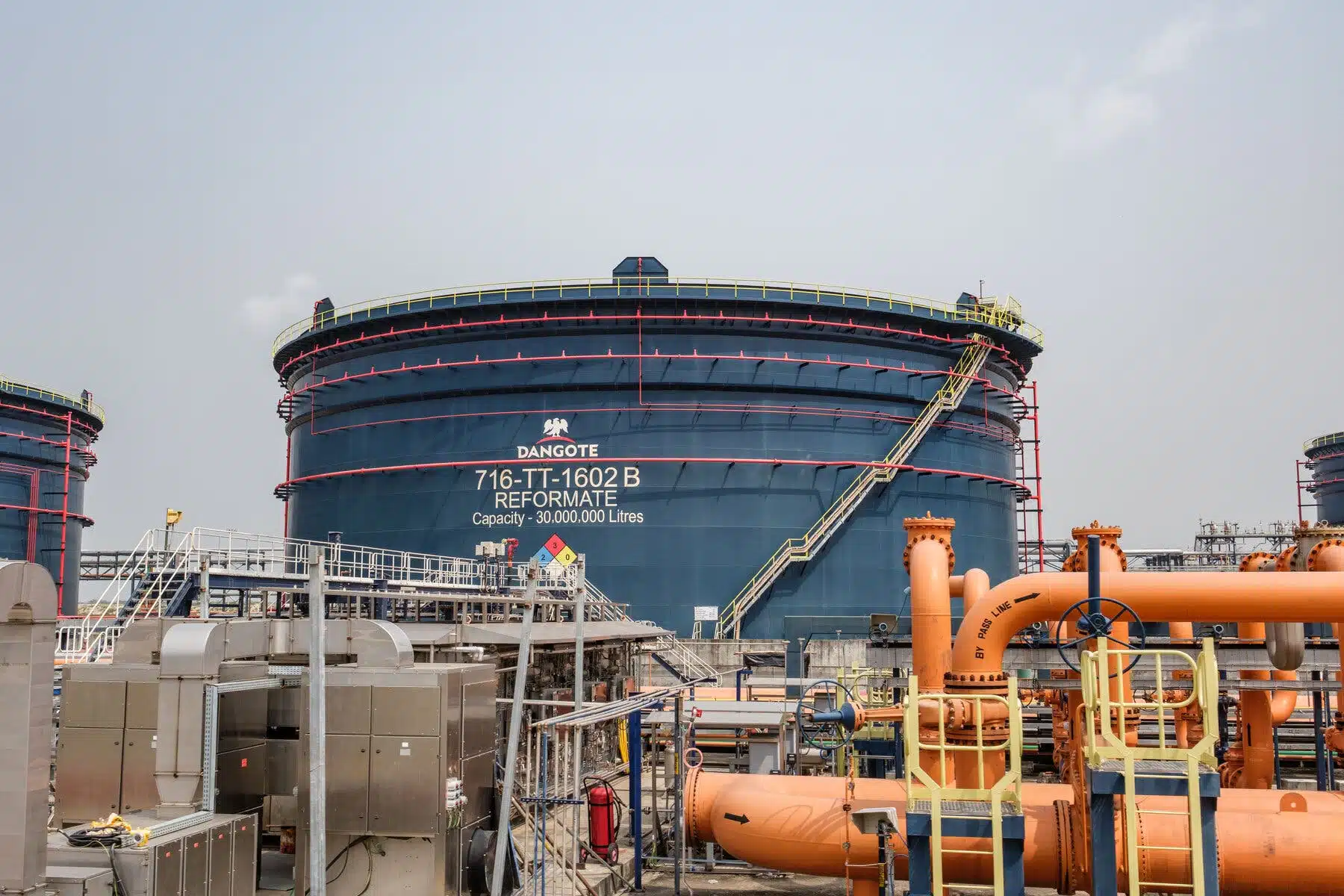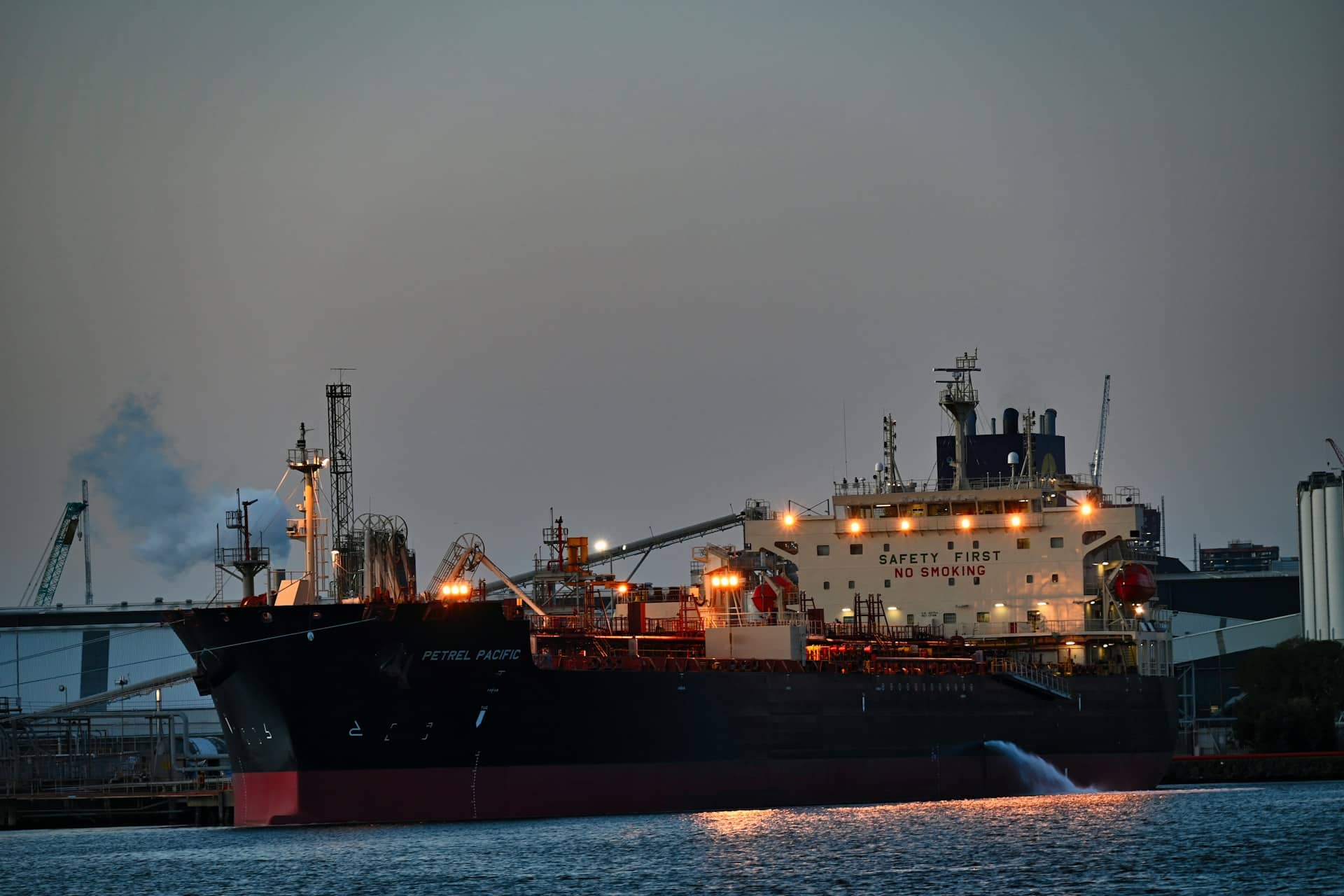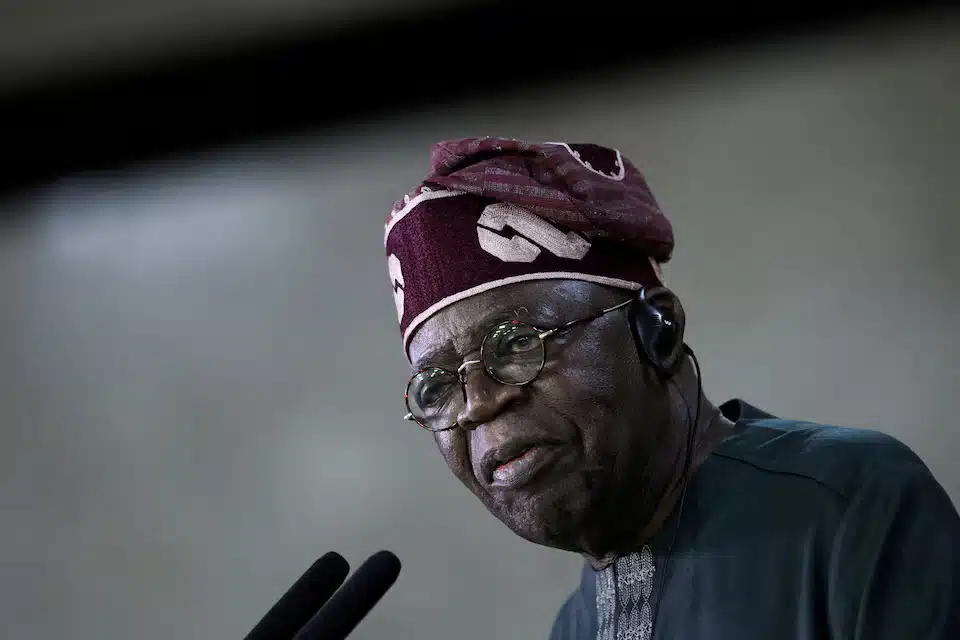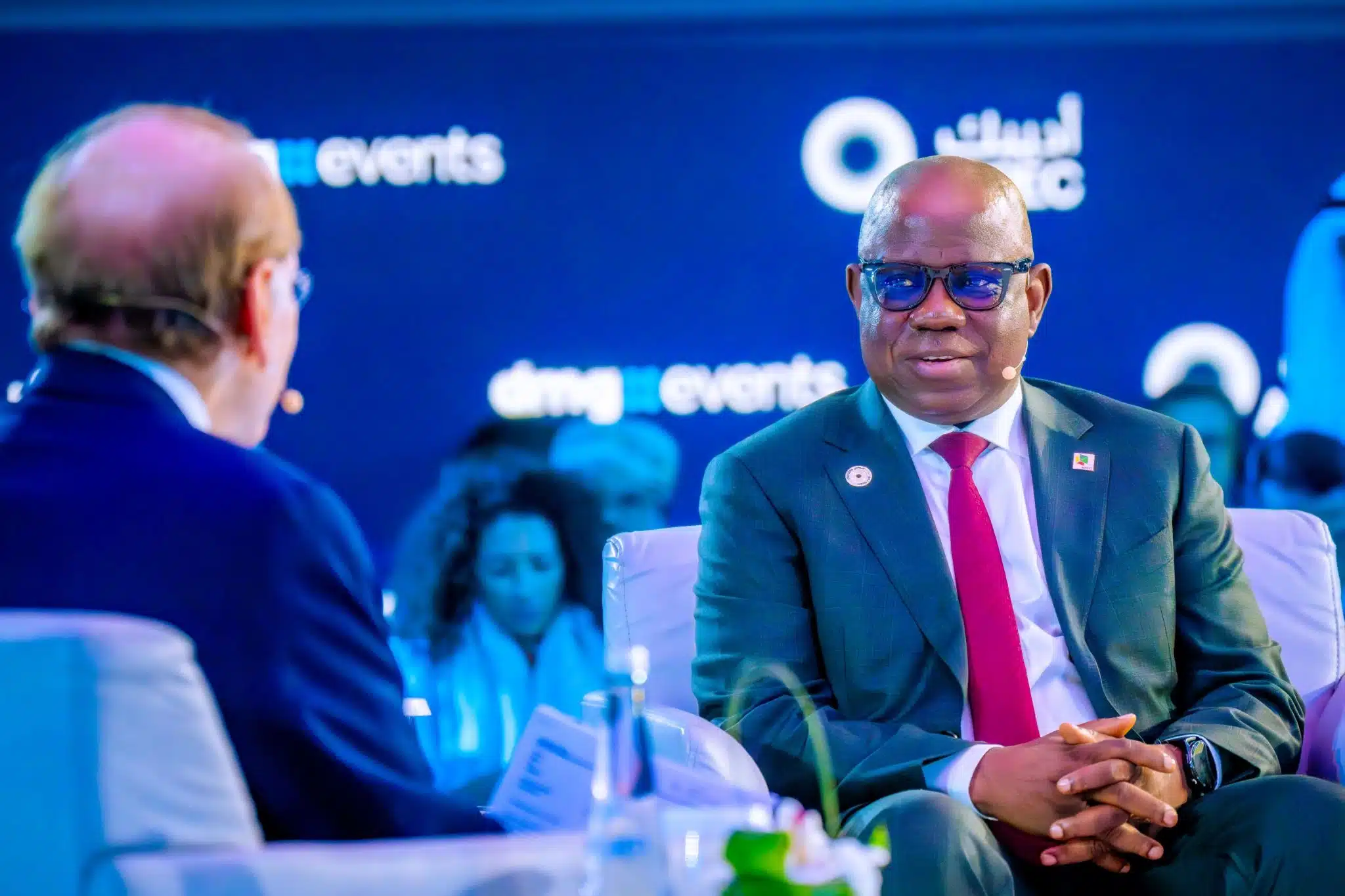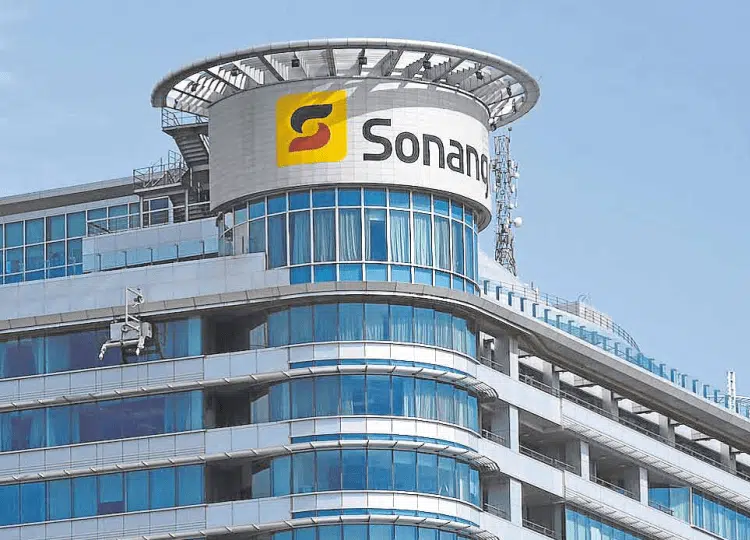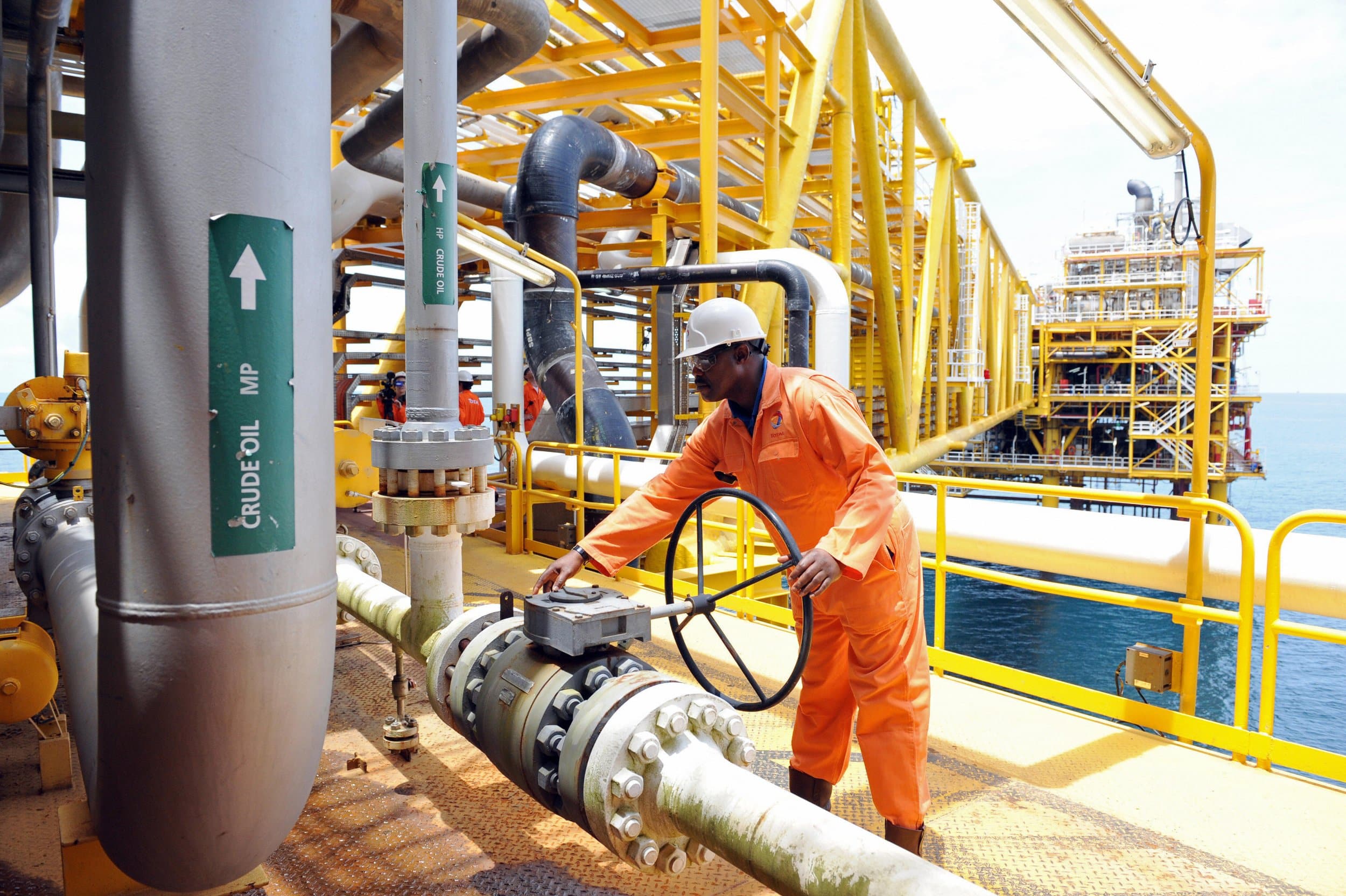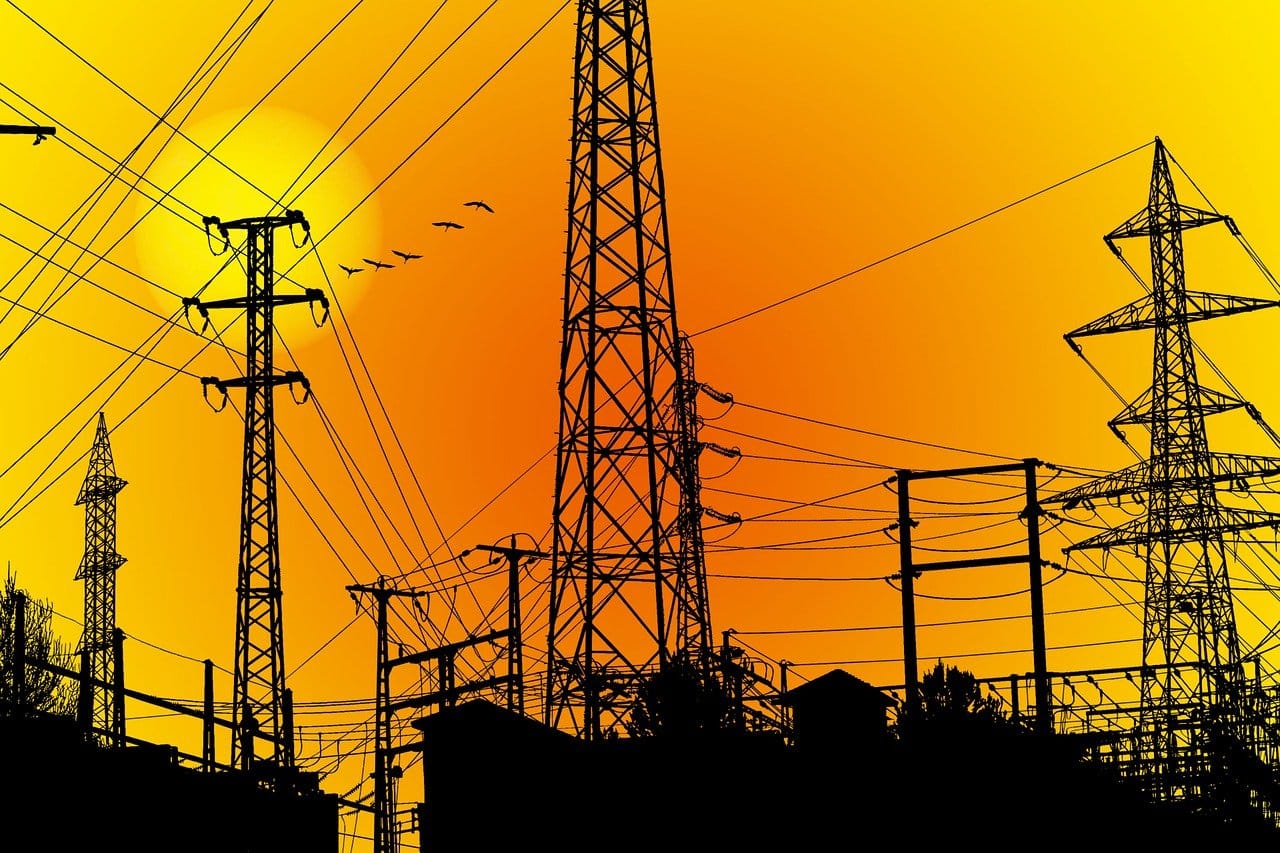When Aliko Dangote cut the ribbon on his $20 billion refinery in Lekki, the world expected the facility to reshape not only Nigeria’s energy market but the entire continent’s.
With a nameplate capacity of 650,000 barrels per day, the plant is the largest single-train refinery in the world and is positioned to end Nigeria’s long dependence on imported petrol.
But as operations gathered pace, the refinery’s first major crude deal came as a surprise. It was not with oil-rich Angola, or Libya with its vast reserves, but with Ghana, a relatively modest producer in West Africa.
The announcement puzzled many in the industry.
Ghana pumps less than 200,000 barrels per day compared to Angola’s 1.1 million and Libya’s 1.2 million.
On paper, it looked like Dangote had overlooked the continent’s traditional oil heavyweights for a smaller neighbour. But refinery economics, regional politics, and commercial pragmatism tell a more complex story.
For Dangote, this was not a snub but a calculated choice.
The refinery needs a reliable supply, the right kind of crude, and a trading partner willing to structure deals in innovative ways.
Ghana ticked all three boxes.
To understand why, one has to go beyond reserves and look at geography, market commitments, and politics that shape the oil trade in Africa.
Why Ghana makes sense for Dangote
Ghana’s oil industry is just over a decade old, yet it has built a reputation for stability.
Since production began at the Jubilee field in 2010, followed by TEN and Sankofa, the country has offered investors and buyers a relatively predictable environment.
Contracts are honoured, disputes are minimal, and politics, while lively, has not disrupted production.
For a refinery just finding its footing, that stability matters more than volume.
Dangote’s plant may have the scale to process crude from anywhere in the world, but in its early years, it cannot afford supply shocks.
Ghana presents fewer risks compared to Libya, where production has repeatedly collapsed under political instability, or Angola, where output has steadily declined due to underinvestment in mature fields.
There is also a strategic layer.
Nigeria and Ghana share long-standing political and economic ties. The refinery, though privately owned, is part of Nigeria’s broader ambition to dominate regional fuel markets.
Sourcing crude from Ghana strengthens those ties and creates a supply chain that benefits both countries.
Ghana sells its oil while securing refined petrol from Lekki. Nigeria gains influence in West Africa’s fuel market while easing Ghana’s fuel import bill.
Distance, crude quality and refinery economics
Logistics is often overlooked in energy analysis, yet it can determine whether a deal makes commercial sense.
Ghana’s ports in Takoradi and Tema are only a short sail from Lagos.
A tanker can load crude in Ghana and deliver it to Lekki within days, cutting shipping costs and reducing exposure to risks at sea.
By contrast, crude from Angola must travel thousands of kilometres along the Atlantic, while cargoes from Libya must navigate the Mediterranean before heading south.
Every dollar saved in freight charges gives the refinery more room to price its petrol competitively against imports from Europe or the United States.
With the Nigerian market sensitive to pump prices, efficiency in logistics is not a luxury but a necessity.
The quality of crude matters just as much.
Ghana’s Jubilee and TEN fields produce light sweet crude, the same grade that Dangote’s refinery is optimised to process.
Light sweet crude has low sulphur content, which makes it easier and cheaper to refine into petrol and diesel. For a refinery competing against imports, that translates into higher yields and lower costs.
Libya also produces light sweet crude, but supply disruptions remain frequent. Pipelines are often shut down due to conflict, and exports can be blocked by rival political factions.
Angola’s crudes, such as Dalia and Cabinda, are heavier and sourer, requiring more complex processing.
While Dangote’s plant is technically capable of handling them, starting operations with Ghana’s lighter grade was a safer bet.
Bunmi Aduloju, an oil analyst in Lagos, explained it simply: “The refinery is like a new car engine. You want to start it with clean fuel before trying the dirtier grades. Ghana’s oil is clean, close, and reliable. That combination is powerful.”
Politics, trade and crude-for-petrol deals
The supply deal also reflects political pragmatism. Both Nigeria and Ghana face recurring shortages of refined products. Their economies rely heavily on imported petrol, a dependence that drains foreign exchange reserves.
By striking a crude-for-petrol agreement, both countries found a way to ease this burden.
Instead of paying fully in dollars, Ghana can swap part of its crude exports for refined fuel from Dangote.
This reduces its dollar demand for fuel imports while ensuring a consistent supply at home.
For Dangote, it guarantees crude intake without chasing scarce foreign exchange in Nigeria’s tight currency market.
Such barter-style arrangements are not new. Angola once repaid Chinese infrastructure loans with oil cargoes under similar deals, which makes the Dangote-Ghana arrangement different is scale and timing.
For Ghana, this is not just about financing projects but about securing fuel security. For Nigeria, it strengthens regional integration by anchoring the West African fuel trade around Lekki.
Libya and Angola are unlikely to enter such deals in the short term. Libya sells most of its oil to European refiners for hard currency, while Angola’s barrels are often tied up in contracts with Chinese companies.
Their governments have little incentive to divert cargoes to barter-style trade when established markets pay in cash. Ghana, with smaller volumes and more flexibility, is better positioned to experiment.
The weight of established markets in Libya and Angola
Another factor that explains the refinery’s choice lies in the established customer base of Africa’s traditional exporters.
Libya has long been tied to Europe, where Mediterranean refineries prize its light sweet crude.
Even when civil war halved production, European refiners lobbied hard to maintain access to Libyan barrels.
Angola, on the other hand, has become one of China’s top suppliers.
Beijing financed much of Angola’s post-war reconstruction through oil-backed loans.
In return, Chinese firms are locked in long-term supply contracts. Today, more than 60% of Angola’s exports flow to Asia, leaving little room for diversion.
For Dangote, this means both countries are less accessible. Libya’s political instability and quota commitments limit spare volumes.
Angola’s China-heavy contracts leave few barrels free for new buyers. In contrast, Ghana is small enough to be flexible but large enough to make a difference for the refinery’s start-up phase.
This dynamic underlines an important truth about the oil trade: having reserves does not automatically translate into market availability.
Established producers are often locked into relationships that make short-term diversification difficult. Smaller players, by contrast, can move quickly.
Regional strategy and expert views
Industry experts see Dangote’s Ghana deal as a sign of shifting oil politics in Africa. Rather than focusing on sheer reserves, refiners and traders are prioritising partners who can offer stability, proximity, and flexible terms.
Charles Nyarko, an energy consultant in Accra, described it as a pragmatic move.
“Nigeria wants to position itself as the hub of refined fuel in West Africa. To do that, it must anchor supply chains in the region.
“Ghana offers the right balance of trust and flexibility. Libya and Angola will come later, but the first step had to be a neighbour.”
A Nigerian energy lawyer also pointed out the legal dimension; according to him, the refinery does not want disputes in its early years.
He added that Ghanaian contracts are straightforward. Angola and Libya carry more legal and political baggage. Once operations stabilise, Dangote can widen the supply base.
There is also a regional integration angle.
The African Continental Free Trade Area aims to boost intra-African trade; however, energy has lagged.
By sourcing crude from Ghana and supplying refined products back, the refinery is effectively piloting a model of energy integration that could inspire others.
If replicated, it could reduce Africa’s dependence on imports from Europe and Asia, keeping more value within the continent.
Looking ahead
The Ghana deal does not mean Libya, Angola, or other producers are permanently excluded.
The refinery’s capacity far exceeds what Ghana can supply.
As operations ramp up, it will need cargoes from multiple sources, including Nigeria’s own offshore fields, Angola’s deepwater projects, and possibly even US shale.
Diversification is a natural step for a refinery of this size.
But the early reliance on Ghana is significant. It signals that in Africa’s new energy order, trust and flexibility matter as much as reserves.
Ghana may not rival Angola or Libya in scale, but it has proven that reliability can win contracts just as effectively as volume.
For Dangote, the choice is also strategic.
It positions the refinery not only as a Nigerian project but as a regional hub.
By embedding itself in West African trade, it creates political goodwill that could shield it from future supply or regulatory shocks.
The bigger lesson is that Africa’s oil politics are shifting.
Old hierarchies built around reserves and export volumes are being challenged by new dynamics of regional cooperation, crude-for-petrol deals, and refinery-led integration.
In that landscape, Ghana’s role may look modest, but it could set the template for how Africa’s smaller producers plug into continental value chains.
As one industry veteran in Lagos put it, this refinery is not just about Nigeria. It is about rewriting Africa’s oil story.
Starting with Ghana shows that the new story will not always be written by the biggest players, but by those willing to think differently.

